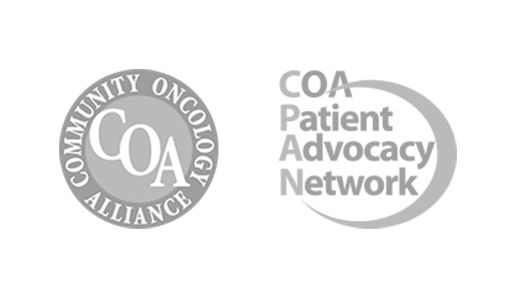Do you feel alone in your cancer battle?
Even though there will be almost two million people diagnosed with cancer in 2018, treatment can feel incredibly isolating. If you do feel alone, there are ways to seek support and guidance through your treatment process.
One of the best ways is by joining a cancer support community. Keep reading to find out more about what these communities can offer you.
Benefits of a Cancer Support Community
Cancer support communities come in many different types and sizes. The kind of community that you choose will largely depend on your diagnosis, where you live and how comfortable you are around other people.
Not every support group will be right for you, and you might need to try a few of them out before you find your perfect group. Additionally, you might need to change your support group throughout your journey.
For example, when you’re first diagnosed, you might feel overwhelmed, anxious and even depressed. In this case, a smaller group could be for you. Once you’ve come to terms with your diagnosis a more open and social group could have more benefits.
No matter what type group is right for you, there are a lot of benefits to them. Here are the top ten benefits of a cancer support community:
1. Find Specific Support
First and foremost, support groups bring you together with people who understand what you’re going through. This is why it’s likely helpful to find a group that caters to a demographic you’re familiar with.
You can find groups that meet based on the type of cancer you have, for example, a breast or lung cancer support group. But you can also find common groups based off of other things, like all-male support groups, teen groups, mother groups, and more.
2. Increase Your Quality of Life
Support communities increase your quality of life in a variety of ways. They introduce you to new people and offer you a chance to get out of your normal routine and socialize.
When you’re first diagnosed with cancer, it’s common to want to pull away from society and your normal routines. You might suffer from depression and not want to leave your home.
While it’s fine to let yourself have a moment to take into the news, it’s best to try and get out and live a normal life as much as possible. A cancer support community is a great way to do maintain a social life and enhance your quality of life.
3. Learn More About the Disease
Support communities are often great educational resources in addition to the emotional support they provide.
Support groups are often lead by social workers, therapists, nurses or other practitioners who are experts in cancer treatment. They will often share helpful advice with the group such as new treatment methods and tips to help you stay as healthy as possible during treatment.
4. Vent About Your Concerns
Cancer treatment is an emotional process and sometimes it’s extremely therapeutic to vent your concerns to those who understand. A treatment support group will know the struggles you’re facing and allow you a safe space to vent your emotions.
5. Socialize With Your Fellow Fighters
Cancer treatment affects everyone differently, but sometimes you might not be able to be in as many public places or do the activities you and your friends once did. A support group offers a comfortable environment for you to socialize with new friends.
Group meetings aren’t always solemn and serious. Some take a lighter note and they’re treated as more of a social outing where people can have fun and forget about treatment, if only for an hour or so.
6. Engage With Your Loved Ones
If your family and friends have never experienced cancer treatment personally, it’s probably difficult for them to understand what you’re going through.
There are support groups that invite family and friends as well as patients. These groups encourage communication between families, friends, and partners and help them understand what you’re going through as cancer patient.
7. Hear Different Opinions
Cancer doesn’t discriminate, so support groups are typically very diverse places. One benefit of this is that
Also, groups can sometimes be more helpful than individual therapy for this reason. You might not always click one-on-one with a therapist, but a group setting will offer you more advice and a new perspective on what you are going through.
8. Get Support Anytime, Anywhere
Thanks to the internet, you can now access a support group no matter where you are in the world. This gives you the support you need any time of the day. If you’re having a rough night, you can get online and chat with your support group instantly.
Like we mentioned earlier, cancer treatment is full of constant ups and downs. You never know when you might need support and an online support group is always there for you.
9. Improve Your Outlook
You will meet many different types of people in cancer support meetings, including those who have battled the disease and one.
Sometimes your outlook can feel bleak while you’re fighting the disease, so it’s helpful to meet with people who have been successful. It’s hard to stay positive when you’re fighting such a serious disease but these groups can help lift you up.
10. Get Support After Treatment
Cancer treatment is a journey, and it’s one that you’ll still be on even after treatment is over. Support groups will be there for you at every step of the way and that includes post-treatment.
If you’re lucky enough to be a survivor, you should consider joining a survivors support group. Transitioning back into normal life can be difficult, especially if you’ve been battling cancer for years.
Get More Support During Your Treatment
A cancer support community can offer so many different benefits for every individual, the ones we listed above are just a few.
If you still have questions or concerns about joining a support group, we encourage you to check out the rest of our news page for more articles on the topic or contact us today.
If you’re located in the Augusta, Georgia area, make sure you check out our calendar page for more information on upcoming support group meetings. Taking the first step to join a group can be intimidating, but the support you will receive can be life-changing.






